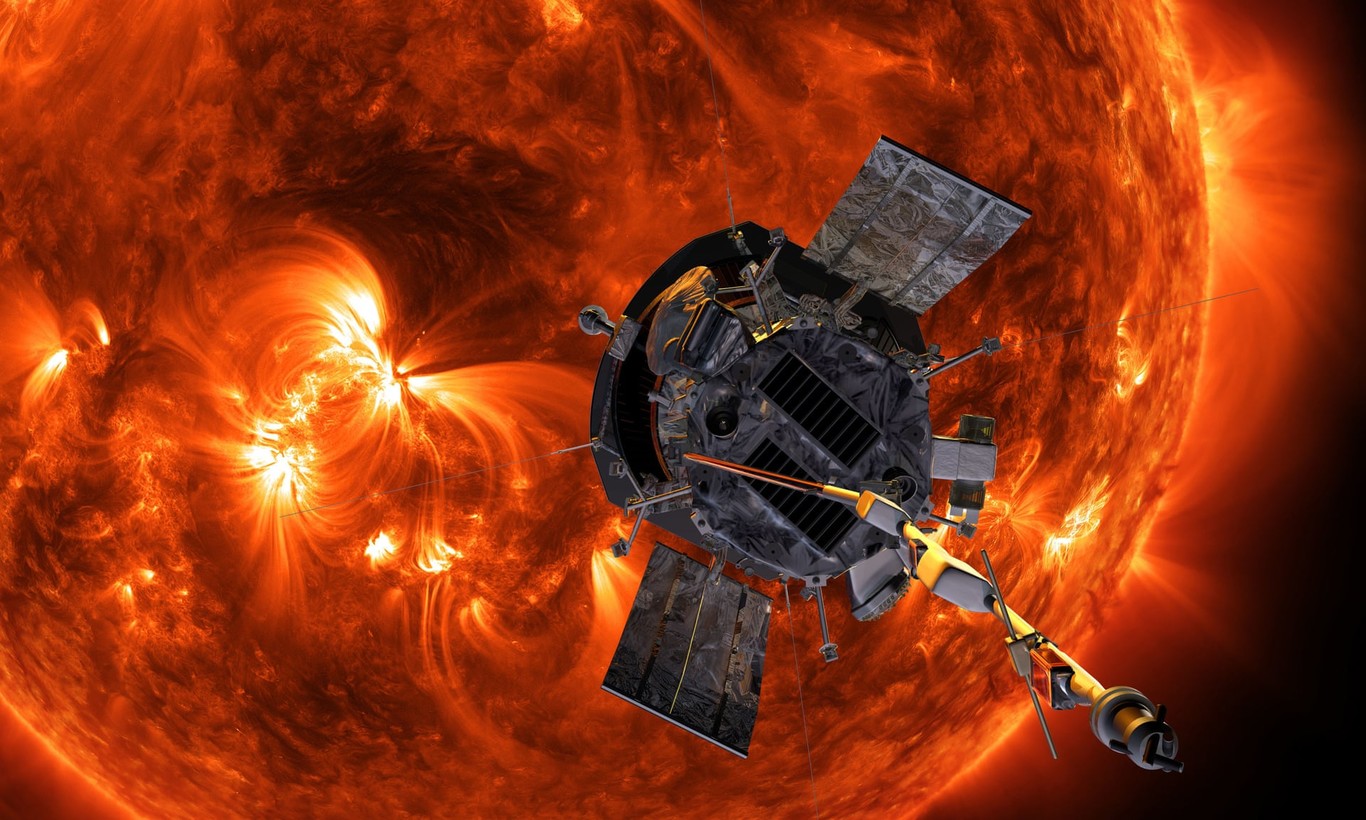In 2018, US National Aeronautics and Space Administration (NASA) launched Parker Solar Probe with the goal of finally reaching the sun’s corona and making humanity’s first visit to a star.
“Flying so close to the Sun, Parker Solar Probe now senses conditions in the magnetically dominated layer of the solar atmosphere — the corona — that we never could before,” said Nour Raouafi, Parker project scientist at the Johns Hopkins Applied Physics Laboratory in Laurel, Maryland, in a statement.
“We see evidence of being in the corona in magnetic field data, solar wind data, and visually in images. We can actually see the spacecraft flying through coronal structures that can be observed during a total solar eclipse.”
In April, the Parker team realized their spacecraft had crossed the boundary and entered the solar atmosphere for the first time.
It occurred when the spacecraft made its eighth flyby of the sun and registered magnetic and particle conditions specific to a boundary where the sun’s massive solar atmosphere ends and the solar wind begins — 8.1 million miles above the surface of the sun.
Parker wove in and out of the corona several times over the course of a few hours during the April flyby, which helped researchers understand that the boundary, called the Alfvén critical surface, isn’t a smooth circle around the sun. Instead, it has spikes and valleys. Understanding the presence of these features could allow scientists to match them with solar activity from the sun’s surface.
mh/pll/acl/nmr










